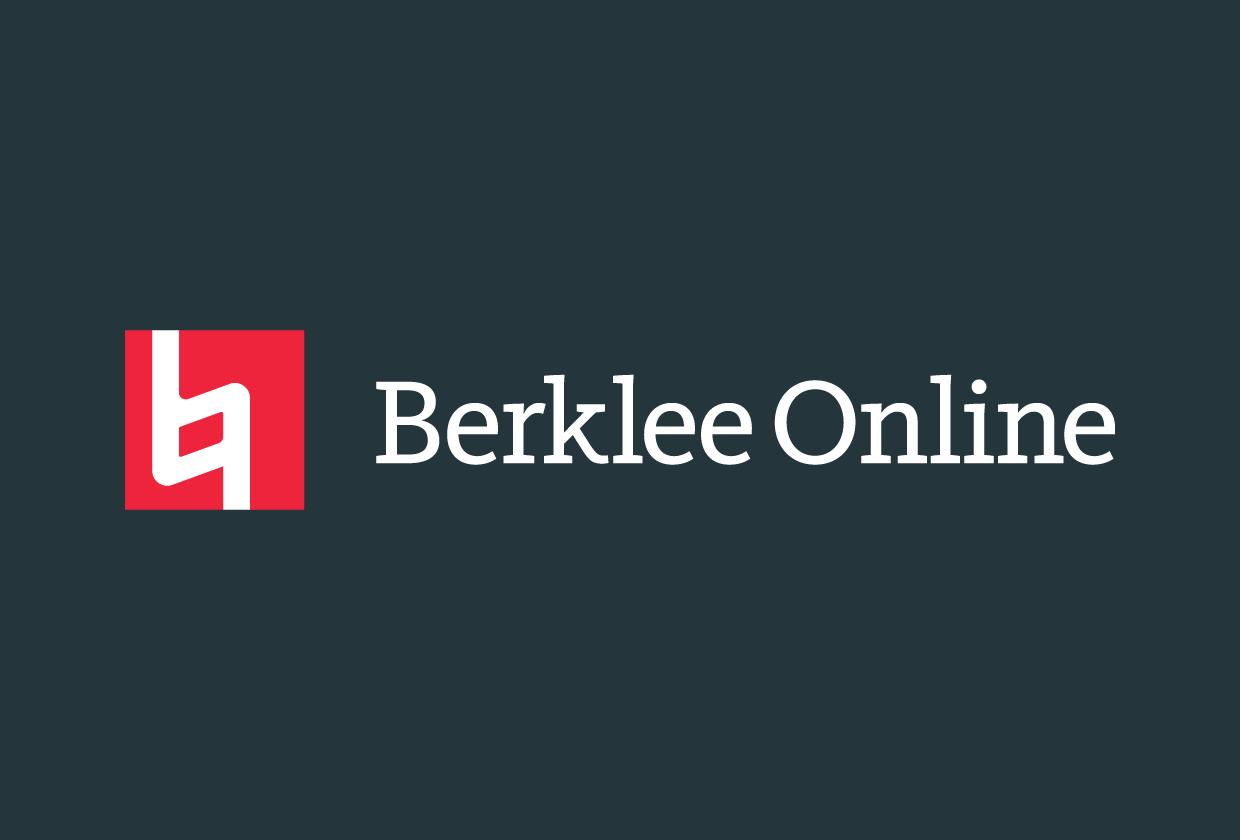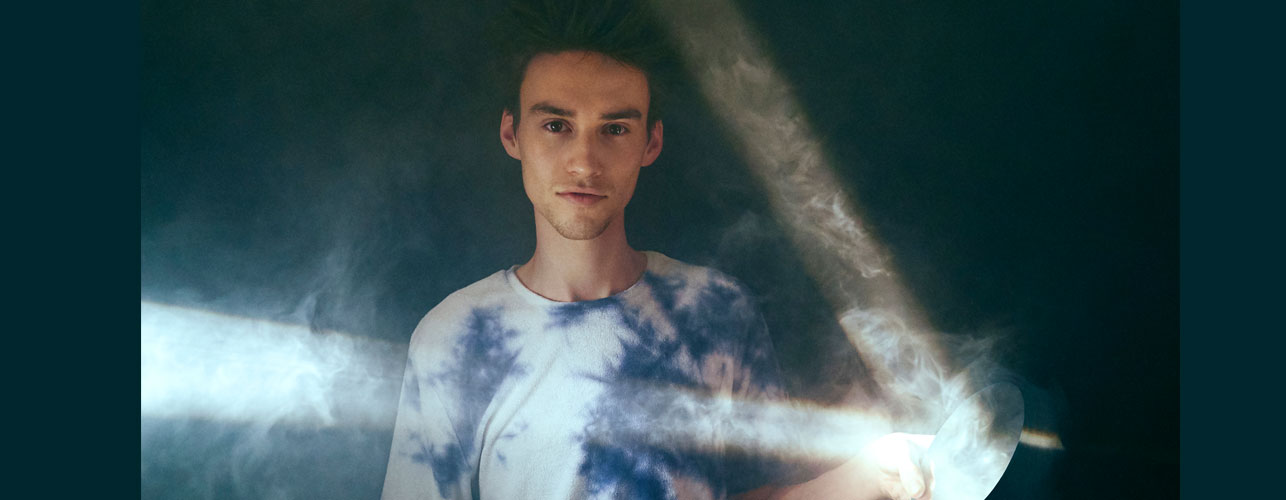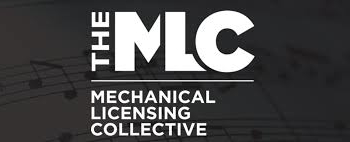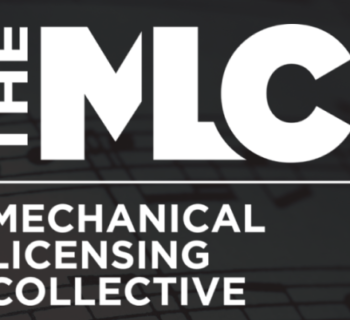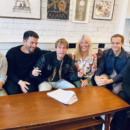The Music Modernization Act is now in effect, and with it the Mechanical Licensing Collective (MLC)—a collection and disbursement collective, as well as a public database, for United States mechanical royalties generated through digital streaming, which is the vast majority of modern music consumption. This is a paradigm shift in the domestic music economy, especially for small and independent music publishers. Here is a guide on how to register your music correctly and make sure you get your money.
What the MLC Is, What It Does, and What It Doesn’t Do
The MLC collects and distributes United States digital mechanical royalties. Mechanical royalties are paid for the copying of musical compositions and are one of many kinds of income that can be generated from musical compositions in the United States. Note that these are distinct from public performance royalties (which are for the actual performance of a composition and are collected and paid out by performance rights organizations (PROs such as ASCAP, BMI, and SESAC), or digital sound recording royalties (which are for the performance of sound recordings on non-interactive digital platforms and are collected and paid by SoundExchange), or synchronization fees (which are paid directly to rights holders for use of compositions and sound recordings in audiovisual works). Mechanical royalties are traditionally associated with the physical copying of musical compositions, such as vinyl, cassette, and CDs. However, mechanical royalties are also owed for downloads and streams of musical compositions—this digital use is the only type of mechanical royalty the MLC licenses and collects. Therefore, the MLC will not be able to assist you if you are seeking (a) performance income, (b) income related to sound recordings, (c) income related to audiovisual uses, (d) income related to physical products, or (e) income generated outside the United States.
Where are your rights?
The initial question you must ask yourself is how much of your songs do you own. If you work with other creators, hopefully you have agreed to ownership splits with those creators, as the amount you own of any particular work will be necessary information for registering that work. If you have a written agreement, that is best. If you have a mutual understanding, I strongly suggest putting it in writing—especially if you wrote more than half. If there is no agreement about a specific split, then it will likely be found to be an even split between all creators. Even if the song is already written, it is better to have this discussion soon than later.
Next, you should determine if any third parties have any interest in your shares of your music. If someone else has the administration rights to any of your music, you should not be registering those works yourself. If you have a publisher or a publishing administrator, you need only make sure they are doing their job, which you can check, as further described in Section 3 below. If you have never signed any agreements having to do with the rights to your music, you are self-published. As a self-publisher, you are entitled to all of your mechanical royalties, but you are also responsible for administering (and therefore registering) all of your rights.
How To Register
First, go here: themlc.com and sign up for an account. Once you have an account, create a member under your account. This is essentially your publishing profile with the MLC that will collect the mechanical royalties owed to you.
There will be four options for categories under which you may fall. If you are a songwriter and are sure you are the party responsible for registering your works, you most likely fall under the first option (“I work for a publishing company or CMO, or I am a completely self-administered songwriter”) or third option (“I am a partially self-administered songwriter”). The difference being whether all of your music is administered by yourself, or whether you have given admin rights to any of your music to a third party. If you are unsure which category of member you are, talk to your attorney, publisher (although if you have a publisher, you may fall under another category or you may not be the party responsible for registering—more on that below), or call the MLC at this number: (615) 488-3653. It normally takes about 48 hours to approve a member, but it can take up to a week if application volumes are high.
Once your member is approved, you should check the Public Work Search located here: portal.themlc.com/search. If you locate a song you own part of in the database, you can claim your share via the Public Work Search.
If you cannot find your song in the database, only then should you register the work yourself. To register a new work, click on the “view member button” in your MLC portal and then “catalog” on the left. From there you should see a “register work” option.
Follow their instructions and remember you only need to register your share of any given song. For example, if you co-wrote a song and you have split the publishing rights 50/50 with your co-writer, you need only register your half—and then inform your co-writer that the song is now in the database and that they need not register it themselves, but only find it in the database via the paragraph immediately above.
What Information Do You Need To Register?
To register your songs with the MLC, you will need to know (a) what percentage share you own, (b) the names of the parties that own rights to the songs (i.e. the writers and any publishers they may have), and (c) what percentage any administrator of those rights is taking. If you are unsure as to what these mean, talk to your co-creators, your/their publishers, or your attorney.
You should also have an International Standard Musical Work Code (ISWC) for your songs, which are most commonly generated by registering your works with your PRO (see Section 1 above).
More information on ISWCs can be found here: iswc.org/en/index.html


